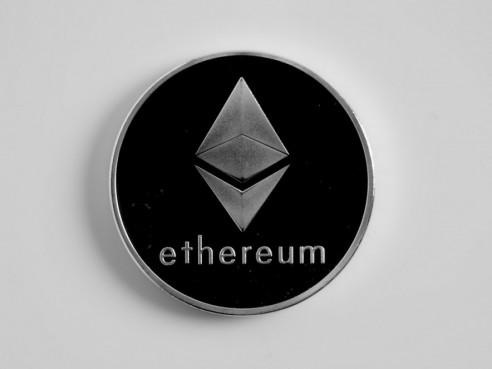Qtum (QTUM) price
- QTUM - USD (United States Dollar)
- QTUM - EUR (Euro)
- QTUM - GBP (British Pound Sterling)
- QTUM - RUB (Russian Ruble)
Market cap
£276,491,534
104,968,798 QTUM
Volume (24H)
£36,048,019
13,685,472 QTUM
Day's range
£2.56 - £3.08
0.00005942 BTC - 0.00007151 BTC
Last trade
12.74000000 QTUM
hitbtc £33.53
Open price (24h)
£3.02
52 Weeks. Low - High
£2.12 - £3.08
Supply
107,822,406 QTUM
Max supply
100,000,000 QTUM
Open/Close in UTC time
| Date | Close Price | Open price | Volume (24H) | Market Cap | Day's range |
|---|
What is Qtum?
The evolution of Blockchain has brought with it significant leaps in the transactional as well as development space. The system has been seen by application developers as the Holy Grail while being envisioned to be the saving grace needed by governments to eliminate some of the vices in society.
Despite all this, there have been some limitations with the Blockchain system, key among them being scalability bottlenecks and the heavy reliance on systems servers. Some of these problems have presented a headache to developers. Luckily, QTUM is the solution.
QTUM is a platform designed to provide readymade solutions for enterprises. The developers pride themselves in bringing Blockchain directly to businesses and use the following motto: “the Blockchain made ready for businesses.”
QTUM developers build decentralized applications that are executable on mobile devices and that are also compatible with other major Blockchain ecosystems.
The QTUM coin is built upon Bitcoin’s well-established UXTO transaction model. As such, it employs the Proof-of-Stake consensus mechanism in its operations. Additionally, the company has also built its coin on the Ethereum ideology to make use of smart contracts and decentralized applications. This was done to ensure that businesses benefit from software solutions tailored towards their particular needs, especially robust applications such as those dealing with the Internet of Things (IoT).
History of QTUM
QTUM was developed by the QTUM foundation, a foundation based in Singapore. Back then, the foundation boasted tech influencers and a good number of innovations which they thought would serve the market. Furthermore, they also had strong financial backing from some of the large players in the Blockchain space such as Kuaidi, a Chinese car handling company that merged with Didi.
The company raised $1 million, an amount which then served as a kickstarter to the Singapore project and therefore to QTUM. Since then, the company has brought to the market a significant number of solutions, most of which are revolutionary.
How Does QTUM Work?
The idea behind QTUM was to integrate the Bitcoin transaction model with the Ethereum smart contracts and decentralized applications platform, thereby making use of the strengths of both systems.
Like Bitcoin, QTUM, therefore, operates primarily on a Proof-of-Stake system whereby the individuals who manage the Blockchain–the miners–benefit from gaining additional coins periodically through the stake they hold within the system. The QTUM system works on the basis of a 1% annual inflation rate, thus rewarding individuals for their stake in the coin.
QTUM is a platform through which developers can create some of the more complicated solutions for enterprises with the incentive of tokenized reward. These solutions can be either mobile-based or computer-based. An individual can synchronize a number of devices through the Blockchain network, thus seamlessly integrating them. This, in the view of the QTUM team, will lead to the revolution of the Internet of Things (IoT).
QTUM Coin
Given that QTUM employs a Proof-of-Stake system, the only way in which the currency can be obtained is through staking. All users who hold QTUM in their wallet receive a small portion of the currency with every 500 blocks added to the chain. As such, every addition of QTUM to their wallet serves as a stake in the chain, one that keeps being rewarded. To be rewarded, however, the wallet must constantly be running and in constant communication with other nodes in the system.











